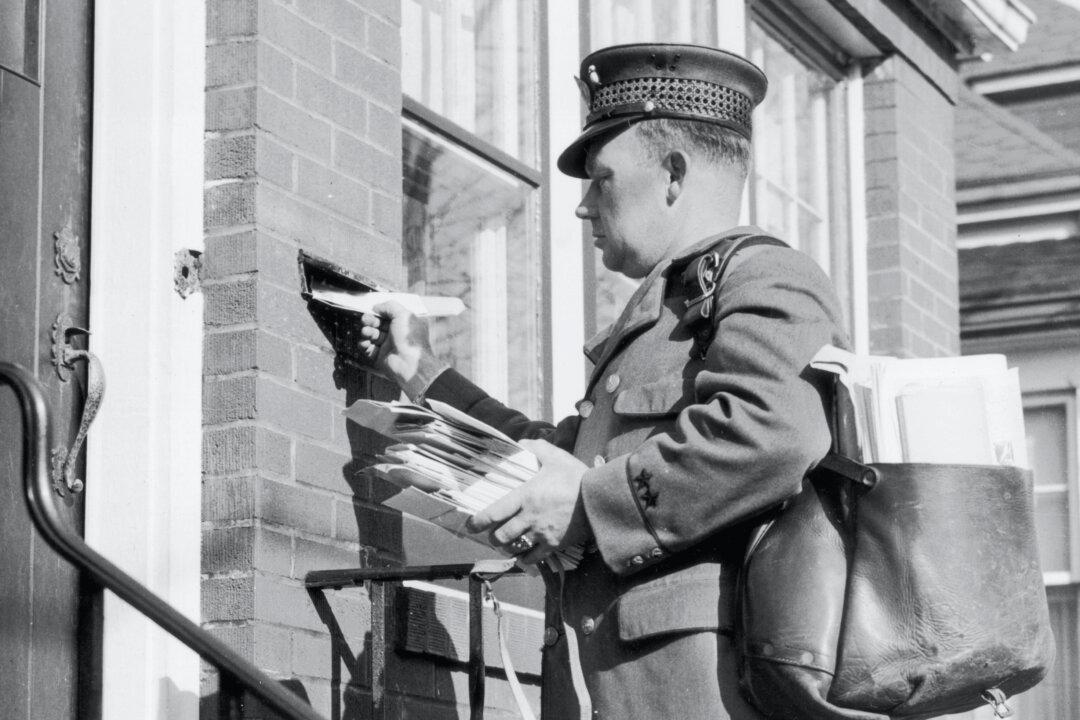Commentary
One letter in the mail can disrupt your whole world. “Invitation” is a classic film that explores this premise by focusing on one woman’s happy life, which is based on love and lies. Starring Van Johnson, Dorothy McGuire, and Ruth Roman, it’s a dramatic MGM film from 1952 directed by Gottfried Reinhardt, a German-born filmmaker whose father, Max, and brother, Wolfgang, were also in the production end of show business.





